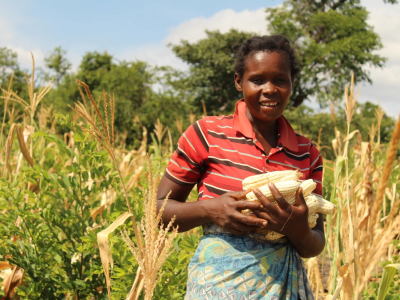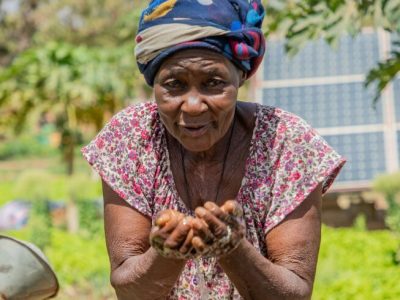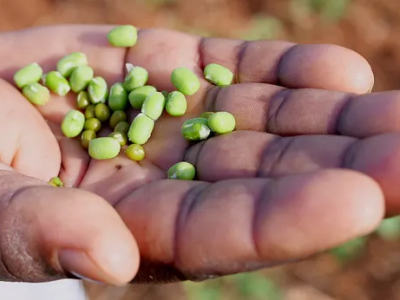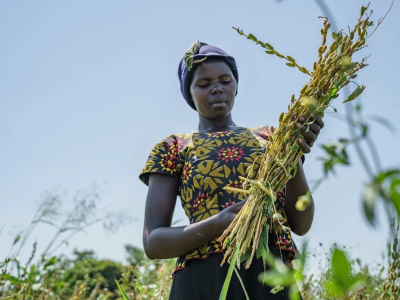CLIMATE RESILIENCE & SUSTAINABILITY
Mounting Our Aptitude To Address Climate Change
Climate change, unsustainable farming practices, and exploitation of natural resources are rapidly degrading the landscapes of the communities World Vision works with – especially rural ones. When landscapes are decimated, communities cannot sufficiently grow food, gather water, or access firewood.
They are also more vulnerable to climate-related disasters and natural resource-based conflict. This negatively impacts the community’s ability to develop sustainable livelihoods, resulting in more fragile
communities and more vulnerable children.
Thriving environments for thriving communities




HOW WE WORK
CICO’s Mounting Aptitude To Address Climate Change & Environmental Degradation
CICO Uganda is committed to addressing the effects of climate change and environmental degradation
in every level of our organization. We firmly believe that we are called to be stewards of God’s creation
and we work to address and mitigate the impacts of a changing climate at the local level.
Among our goals is the development and enhancement of climate services, as well as assisting local communities in:
- Climate resilience planning.
- Child-focused climate change adaptation.
- Awareness raising through environmental education.
- Environmental sustainability focused on nutritious food, clean energy and safe water.
Our emerging climate-focused services include:
- Organizational sharing of climate information and research with affected communities.
- Monitoring and tracking to anticipate the impacts of climate change and environmental
degradation. - Using satellite data as an early warning system.
- Visualizing food insecurity data for CICO Uganda communities.




This informs local decision-makers and enables CICO Uganda to target responses to the global food
crisis.
Women and Girl Child-Focused Climate Adaptation
We adopt women and child-focused climate adaptation and disaster preparedness. Our initiative approach is to generate alternatives to avoid overburdening women with unpaid work, and to reducethe care work they perform, such as the creation of care spaces for dependent persons (elderly, children, and people with disabilities)
This tool equips youth with rapid response protocols for disasters and solicits innovations to build resilience for future disasters and climate impacts.
Ensure women and girls have equal access and participation in decision making and that care work is not an impediment to their participation.
Raising Youth Awareness of Climate Resilience
CICO Uganda is actively raising youth awareness of climate resilience and environmental sustainability through our Creation Care Toolkit. This toolkit offers resources for youth leadership in creation care awareness and environmental justice advocacy.
Mobilizing Communities for Creation Care
CICO Uganda supports its local communities in mobilization for creation care awareness and mitigation through environmental sustainability approaches, including:
- Ecosystem restoration.
- Regenerative agriculture.
- Climate-smart practices.
- Nature-based solutions.
- Ecosystem-based watershed management approaches.
- Ecosystem services improvement.
- Circular economy practices that promote redemptive, regenerative principles.
The outcomes of this approach are greater community cohesion, a thriving and climate-resilient landscape, and greater quantity and quality of crops, livestock, forest products, and natural resources for households to consume and sell – thus contributing to the food security, economic resilience, and above all, hope for future generations of children.